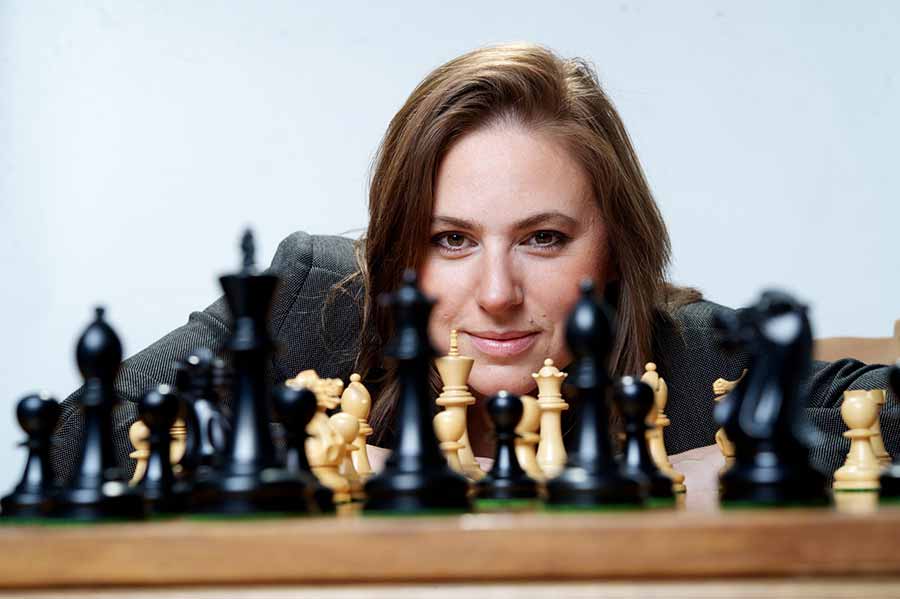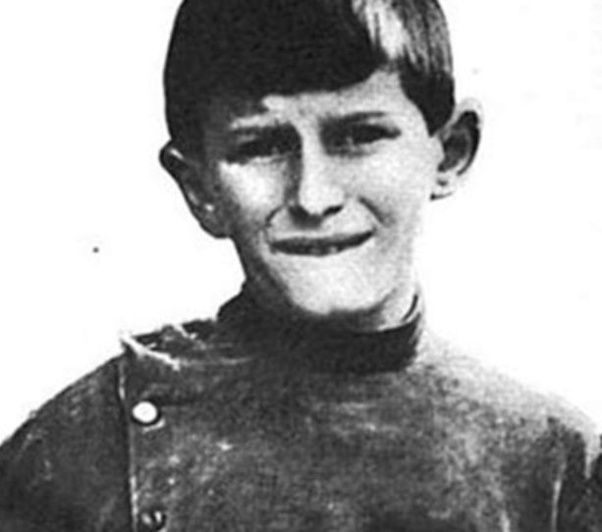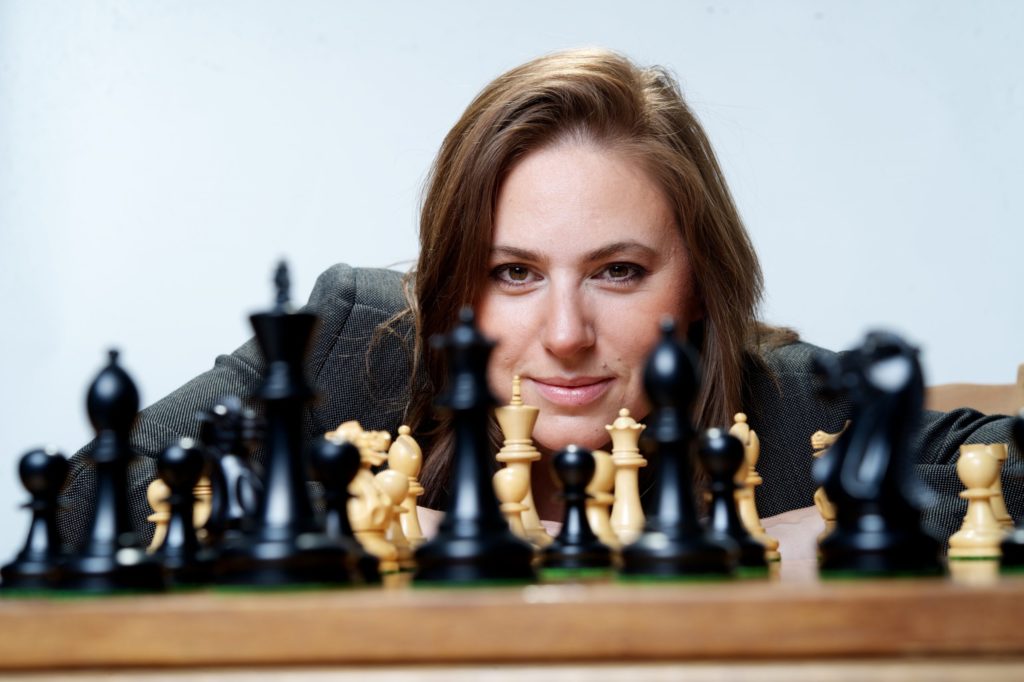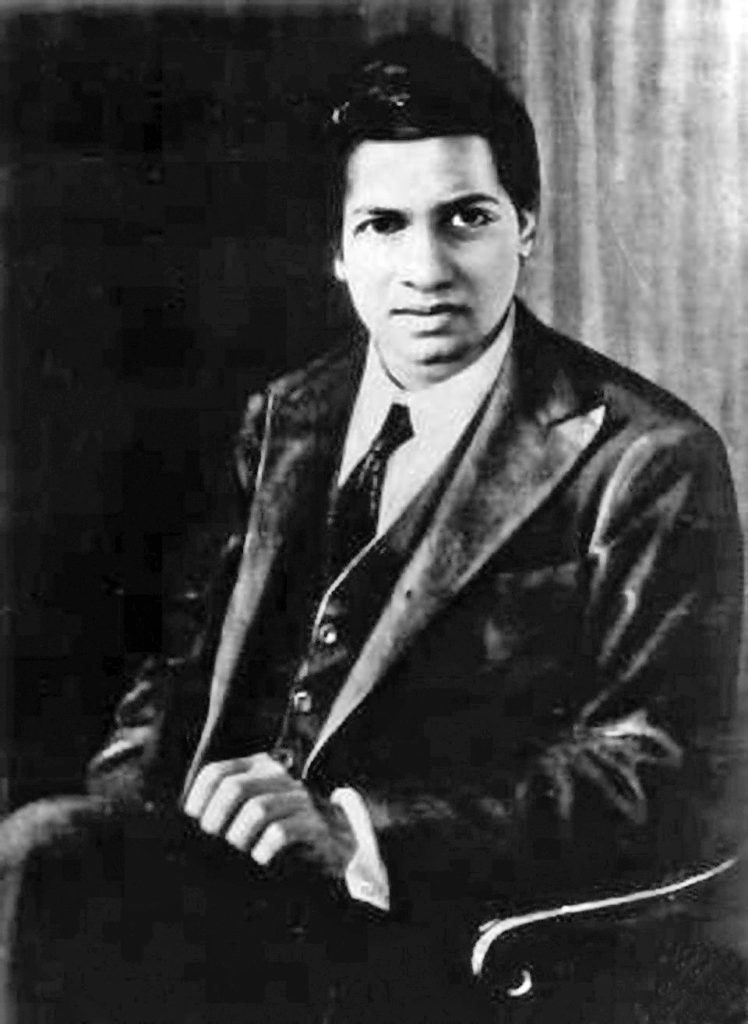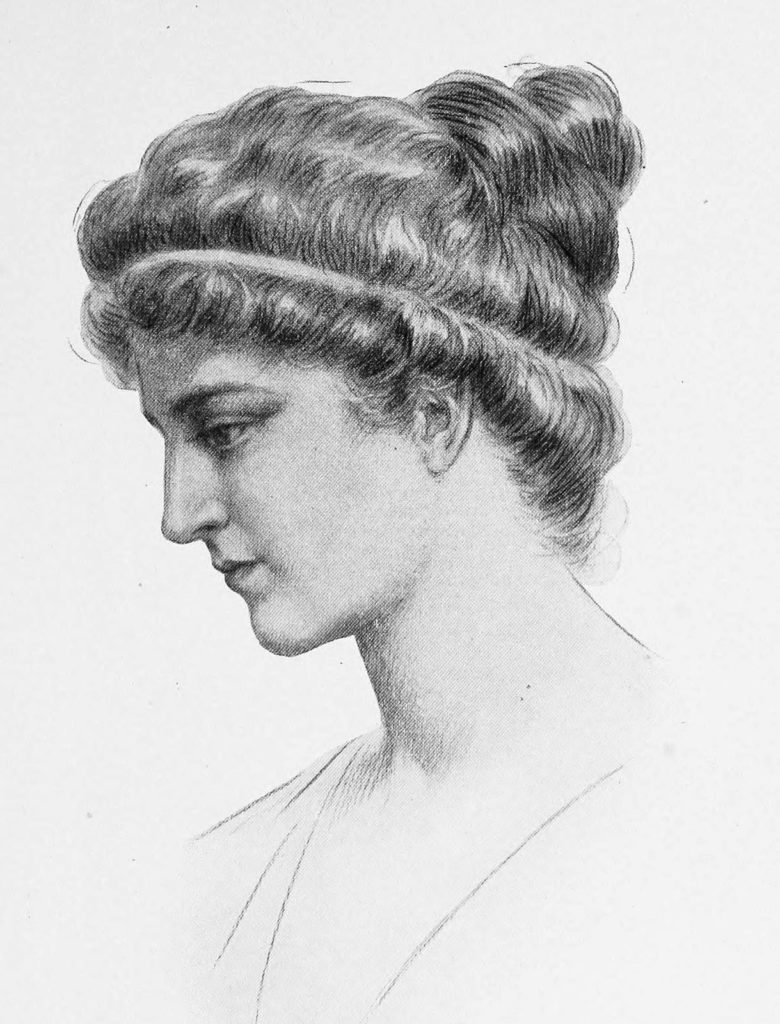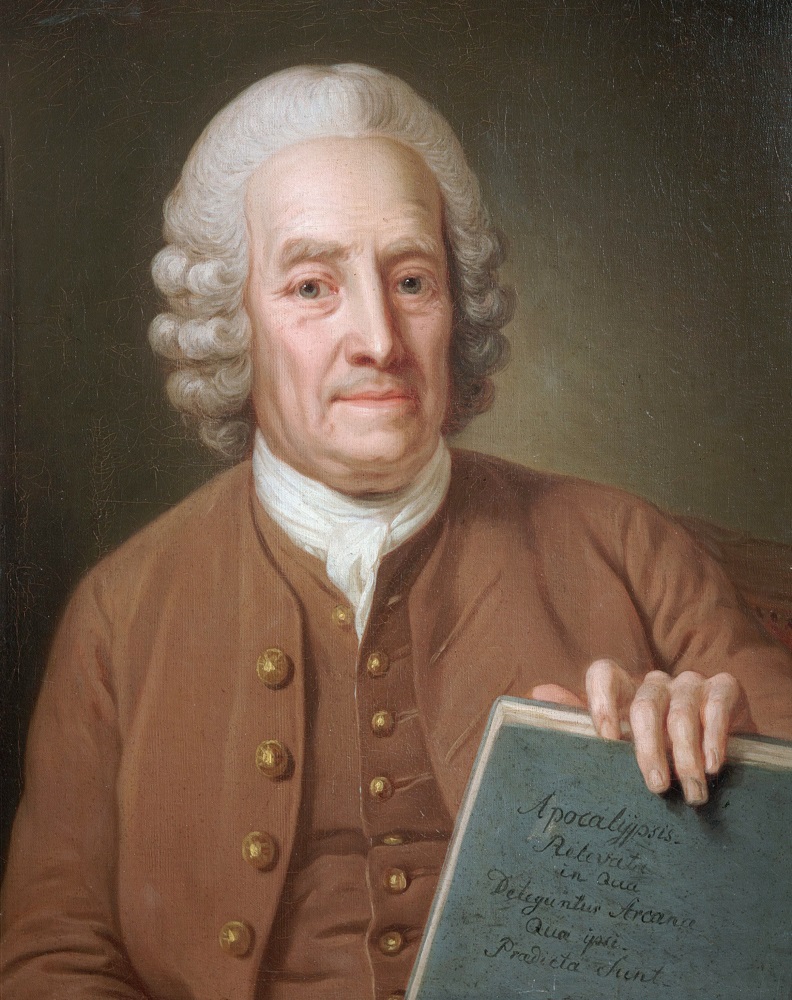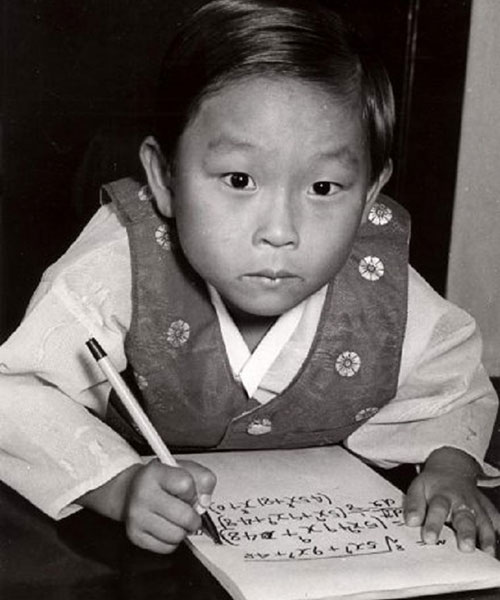Intelligence Quotient (IQ) has long fascinated researchers, educators, and the public. High IQ scores often correlate with academic prowess, professional success, and innovative thinking. The origins of high IQ, however, remain a subject of ongoing scientific inquiry. This article examines the multifaceted elements that shape cognitive abilities and contribute to elevated IQ scores.
The Fundamentals of IQ
IQ, or Intelligence Quotient, quantifies cognitive capabilities through standardized assessments. Developed in the early 20th century by psychologists Alfred Binet and Theodore Simon, these tests evaluate various mental faculties, including logical reasoning, problem-solving aptitude, and verbal comprehension.
The interpretation and application of IQ scores generate significant debate within scientific circles. Critics argue that current testing methodologies may only encompass part of the full spectrum of human intelligence and can reflect cultural biases. For instance, the tests might favor individuals from specific educational backgrounds or cultural contexts, potentially underestimating the intelligence of those from different backgrounds.
Regardless of these critiques, IQ scores remain a prominent metric in psychological and educational evaluations. They are widely used in academic settings to identify gifted students, in clinical psychology to diagnose certain cognitive disorders, and in some occupational settings to assess job candidates.
Genetic Influences on Intelligence
The role of genetics in determining intelligence levels remains a central focus of research. Studies involving twins and adopted children consistently indicate that genetic factors account for approximately 50-80% of the variation observed in IQ scores. This high heritability has led to extensive research into the genetic underpinnings of intelligence.
This genetic component doesn’t stem from a single “intelligence gene.” Instead, numerous genes, potentially numbering in the thousands, contribute to cognitive abilities. Recent genome-wide association studies (GWAS) have identified multiple genetic variants linked to intelligence, though each variant typically exerts a modest individual effect.
A prominent behavioral geneticist, Robert Plomin, explains: “Genes operate probabilistically rather than deterministically. The presence of certain genetic variants increases the likelihood of high intelligence but doesn’t guarantee it.”
The complexity of genetic influences on intelligence is further complicated by gene-gene interactions (epistasis). Many genes associated with intelligence are pleiotropic, meaning they influence multiple traits beyond cognitive ability. This genetic intricacy partly explains why predicting intelligence based solely on genetic information remains challenging.
Environmental Factors Shaping Cognitive Development
While genetics establish a foundation, it’s the environmental influences that play a pivotal role in molding intelligence. These external factors begin exerting influence before birth and continue throughout an individual’s lifespan, empowering us with the knowledge that we can actively shape our cognitive abilities.
Prenatal Environment
The prenatal period is crucial for brain development. Maternal nutrition, stress levels, and exposure to toxins can all impact fetal brain development. For example, adequate folic acid intake during pregnancy has been linked to improved cognitive outcomes in children. Conversely, maternal stress or alcohol exposure can negatively affect fetal brain development, potentially impacting future cognitive abilities.
Formative Years and Cognitive Growth
The initial years of life prove critical for brain development. Environments rich in sensory experiences, language exposure, and cognitive challenges significantly impact a child’s intellectual growth. Activities such as reading to children, engaging in interactive play, and presenting opportunities for problem-solving all contribute to cognitive development.
The concept of “sensitive periods” in brain development suggests that certain types of environmental stimulation are particularly effective at specific ages. For instance, early exposure to language is crucial for optimal language development and supports various cognitive skills.
Nutritional Impacts on Brain Function
Proper nutrition, particularly during pregnancy and early childhood, proves vital for optimal brain development. Critical nutrients like omega-3 fatty acids, iron, and iodine are essential in cognitive function. For example, iron deficiency anemia in early childhood has been associated with long-term cognitive deficits.
Conversely, malnutrition can inflict lasting adverse effects on intelligence. Chronic undernutrition, especially during critical periods of brain development, can lead to reduced brain volume, decreased myelination, and alterations in neurotransmitter systems, all of which can impact cognitive function.
Educational Experiences and Mental Training
Quality education serves as an influential environmental factor influencing IQ. Exposure to diverse subjects, exercises in critical thinking, and ongoing learning opportunities can enhance cognitive abilities. The Flynn effect, which describes the substantial increase in average IQ scores over the 20th century in many parts of the world, is often attributed to increased access to education, giving us hope for the future of cognitive development.
Specific cognitive training programs have shown potential in improving certain aspects of intelligence, though their long-term effects remain under scrutiny. Working memory training, for instance, has demonstrated some success in improving fluid intelligence, although the transferability and durability of these gains are debated.
Socioeconomic Influences
Socioeconomic status (SES) consistently correlates with IQ scores. Children from higher SES backgrounds often access superior educational resources, healthcare, and cognitive stimulation. This relationship, however, is complex and doesn’t preclude children from lower SES backgrounds from achieving high IQ scores. We respect and understand the nuances of this relationship.
The mechanisms through which SES affects cognitive development are multifaceted. They include factors such as:
- Access to quality education and enrichment activities
- Exposure to a broader vocabulary and more complex language at home
- Reduced exposure to chronic stress, which can negatively impact brain development
- Better nutrition and healthcare
- More opportunities for cognitive stimulation through books, educational toys, and cultural experiences
It’s crucial to note that while these correlations exist, they don’t imply causation, and many individuals from lower SES backgrounds achieve high levels of cognitive function.
Neurobiology of Intelligence
Advancements in neuroscience provide insights into the biological underpinnings of intelligence. Brain imaging studies reveal several characteristics associated with high IQ:
- Efficient Neural Processing: Individuals with higher IQ scores often demonstrate more efficient brain functioning, requiring less energy to perform cognitive tasks. This efficiency is often observed as reduced brain activation during problem-solving tasks, suggesting that high-IQ individuals can solve problems with less cognitive effort.
- Enhanced Brain Connectivity: Improved connections between different brain regions, particularly in networks associated with cognitive control and attention, correlate with higher intelligence. The strength and organization of these connections, especially in the frontal and parietal lobes, are critical factors in determining cognitive abilities.
- Gray Matter Volume: Some studies report correlations between the volume of gray matter in specific brain areas and IQ scores, though this relationship could be more complex. Regions such as the prefrontal cortex, which is involved in planning and decision-making, and the temporal lobes, which are crucial for memory and language, often show increased volume in individuals with higher IQ scores.
- White Matter Integrity: The quality and organization of white matter, which facilitates communication between brain regions, is associated with cognitive abilities. Higher fractional anisotropy (FA) in white matter tracts, indicating more organized and efficient neural pathways, has been linked to higher IQ scores.
- Cortical Thickness: Some research suggests a relationship between cortical thickness and intelligence, although this association appears to change over development. In children, a thicker cortex often correlates with higher IQ, while in adults, cortical thinning in certain areas has been associated with higher intelligence, possibly reflecting more efficient neural organization.
- Brain Plasticity: The brain’s ability to change and adapt, known as neuroplasticity, may play a role in intelligence. Individuals with higher IQ scores may have more adaptable brains, allowing more efficient learning and problem-solving.
Richard Haier, a leading researcher in the neuroscience of intelligence, observes: “The integration of efficient information processing across the brain appears to characterize high intelligence.”
Epigenetics: Bridging Genes and Environment
The field of epigenetics has transformed our understanding of gene-environment interactions. Epigenetic mechanisms can alter gene expression without changing the DNA sequence or activating or deactivating genes in response to environmental stimuli.
This interplay between genes and environment holds particular relevance for intelligence. Stress, nutrition, and parental behavior can influence epigenetic marks, potentially affecting cognitive development. For example:
- Stress: Chronic stress can lead to epigenetic changes that affect gene expression in brain development and function. These changes can impact the stress response system and cognitive processes like memory and learning.
- Nutrition: Certain nutrients can influence epigenetic marks. For instance, folate, a B vitamin, plays a role in DNA methylation, an essential epigenetic process. Adequate folate intake during pregnancy has been associated with positive cognitive outcomes in offspring.
- Early Life Experiences: Early care and attachment quality can lead to epigenetic changes that influence stress reactivity and cognitive development. Positive, nurturing experiences in early life may promote epigenetic patterns that support optimal brain development.
- Environmental Toxins: Exposure to certain environmental toxins can cause epigenetic changes that negatively impact cognitive development. For example, exposure to lead has been shown to cause epigenetic alterations that may contribute to its adverse effects on intelligence.
This emerging field underscores the dynamic nature of intelligence, blurring traditional distinctions between nature and nurture. Environmental interventions may have the potential to positively influence cognitive development, even in the presence of genetic predispositions.
Strategies for Cognitive Enhancement
While genetic makeup remains beyond individual control, evidence-based approaches may help foster cognitive abilities:
- Continuous Learning: Engaging in ongoing intellectual challenges throughout life can maintain and potentially improve cognitive function. This could include learning new skills, studying foreign languages, or engaging in intellectually stimulating hobbies.
- Physical Activity: Regular exercise has positive effects on brain health and cognitive performance. It increases blood flow to the brain, promotes the growth of new neurons (neurogenesis), and enhances the connections between existing neurons (neuroplasticity).
- Balanced Lifestyle: Adequate sleep, stress management, and a nutritious diet contribute to overall brain health and cognitive function. Sleep, in particular, plays a crucial role in memory consolidation and mental performance.
- Mindfulness Practices: Some research suggests that mindfulness techniques may improve attention and cognitive flexibility. Regular meditation has been associated with brain structure and function changes that may support cognitive abilities.
- Social Interactions: Active social engagement provides cognitive stimulation and may help preserve mental health, particularly in older adults. Social interactions often involve complex cognitive processes like perspective-taking and memory recall, which can help maintain cognitive function.
- Cognitive Training: While the effectiveness of commercial “brain training” programs is debated, certain types of cognitive training, particularly those targeting working memory and processing speed, may benefit overall cognitive function.
- Nutrition: A diet rich in omega-3 fatty acids, antioxidants, and other nutrients that support brain health may contribute to optimal cognitive function. The Mediterranean diet, for example, has been associated with better cognitive outcomes in some studies.
- Bilingualism: Learning and regularly using a second language has been associated with cognitive benefits, including enhanced executive function and delayed onset of cognitive decline in older adults.
While potentially beneficial, these strategies should be seen as something other than guaranteed methods to increase IQ dramatically. Instead, they represent approaches to support overall cognitive health and optimize mental abilities within genetic and environmental constraints.
Current Research and Future Directions
The discourse surrounding intelligence has evolved from a simplistic nature versus nurture debate to a nuanced understanding of gene-environment interactions. Most researchers now acknowledge the crucial roles of both factors, recognizing that their relative importance can vary depending on the specific aspect of intelligence under consideration.
Future research in this field will likely focus on:
- More precise identification of genetic variants associated with intelligence: As genetic sequencing technologies advance, researchers may be able to identify more specific genetic variations that contribute to cognitive abilities.
- Deeper understanding of how environmental factors influence gene expression related to cognitive abilities: This includes further exploration of epigenetic mechanisms and how they mediate the effects of the environment on cognitive development.
- Development of comprehensive and culturally unbiased assessments of intelligence: Researchers continue to work on creating intelligence tests that can accurately measure cognitive abilities across different cultural and socioeconomic backgrounds.
- Exploration of potential interventions to enhance cognitive abilities across different life stages may include pharmaceutical approaches (e.g., cognitive enhancers) and non-pharmaceutical interventions (e.g., novel educational methods or cognitive training programs).
- Investigation of the relationship between different types of intelligence: This includes studying how general intelligence (g factor) relates to specific cognitive abilities and other forms of intelligence, such as emotional and social intelligence.
- Longitudinal studies on the stability and malleability of IQ: Long-term studies tracking individuals from childhood to adulthood can provide valuable insights into how IQ changes over time and what factors influence these changes.
- Research on the neural basis of intelligence: Advanced neuroimaging techniques and computational models may provide more detailed insights into how brain structure and function relate to cognitive abilities.
- Exploration of artificial intelligence and its implications for understanding human intelligence: As AI systems become more advanced, comparing and contrasting them with human intelligence may provide new cognitive-process perspectives.
Concluding Thoughts
The factors contributing to high IQ involve a complex interplay of genetic predispositions, environmental influences, and neurobiological elements. While significant progress has been made in understanding intelligence, many questions still need to be answered.
IQ represents just one facet of human capability. Emotional intelligence, creativity, and practical skills contribute to an individual’s competence and success. As our understanding of intelligence grows, a more holistic view of human cognitive potential may emerge.
The quest to understand high IQ extends beyond identifying gifted individuals. It aims to unlock potential in all people, create environments that promote cognitive development, and build a society that values and nurtures diverse forms of intelligence. By continuing to research and understand the factors contributing to high IQ, we may develop better strategies to support cognitive development and mental health across all segments of society.
As we advance our understanding of intelligence, we must remember that cognitive abilities are just one aspect of human worth and potential. Regardless of IQ score, every individual has unique strengths and can contribute meaningfully to society. The goal of intelligence research should be to support and maximize the potential of all individuals, not to create hierarchies or reinforce stereotypes.
As our knowledge of genetics, neuroscience, and environmental influences continues to grow in the coming years, we may see new approaches to education, cognitive enhancement, and mental health treatment. These advancements can potentially improve people’s quality of life and cognitive function across the intelligence spectrum.




